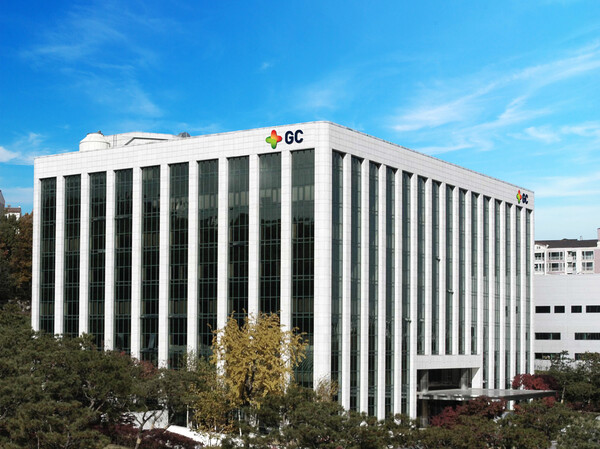GC Biopharma has withdrawn its plan to domestically produce the Bacillus Calmette–Guérin (BCG) vaccine, used to prevent tuberculosis (TB), after failing to obtain marketing authorization from the Ministry of Food and Drug Safety (MFDS).

The company announced in a regulatory filing on Wednesday that it had completed the entire development process, including technology transfer, clinical trials, and in-house manufacturing. However, it decided to cancel its sales plan following the MFDS’s rejection of the product application.
The BCG vaccine is a compulsory medicine recommended for all newborns within the first month after birth and is included in Korea’s National Immunization Program (NIP). However, the country currently relies entirely on imports, which has led to supply instability depending on conditions in exporting countries.
To address this issue, the government initiated the “TB Elimination 2030 Plan” and, in 2009, selected GC as the entrusted operator to build and operate a national BCG vaccine production facility. The company received 8.7 billion won ($5.8 million) in government funding to build a manufacturing facility in Hwasun, South Jeolla Province, in 2011.
Despite the support, the project faced repeated delays due to difficulty in securing the seed strain. The original seed supplier, Denmark's Statens Serum Institut (SSI), altered the contract, and it was not until 2014 that GC was able to obtain the seed strain from France’s Institut Pasteur.
GC began a phase 1 clinical trial in 2017, completed it in 2018, and launched a phase 3 trial in 2019, wrapping up the study in 2022. Based on those results, the company submitted a marketing application in 2023, but the MFDS ultimately rejected it.
"The clinical trial results showed statistical significance in efficacy indicators, but the MFDS decided to reject the application citing insufficient clinical usefulness," GC stated in the filing. "Accordingly, we are revising the major business plans and timelines."
The regulatory decision effectively ends GC’s 15-year effort to localize BCG vaccine production. The original end date for the project was scheduled for June 2025, but has now been moved forward to Tuesday.
In addition, expected outcomes, such as the substitution of imports and enhancing the company’s profile as a specialized vaccine maker, have been removed from the public disclosure.
When asked if the company has to refund the 8.7 billion won government funding it received, a GC official responded, "Since this project was carried out jointly with the Korea Disease Control and Prevention Agency (KDCA), we will respond together and provide further details at a later time."
Related articles
- GC Biopharma scores world's 1st approval for recombinant anthrax vaccine
- GC Biopharma’s US affiliate Curevo pulls in $110 mil. to challenge GSK’s Shingles vaccine
- GC Wellbeing enters BTX market with $30 million IniBio deal, challenging industry leaders
- GC Biopharma offers lysosomal storage disorder drug development updates at WORLD Symposium 2025
- EuBiologics to lead Korea's $356 mil. mRNA vaccine project for future pandemics
- GC Cell taps new antibody from Korean biotech to boost CAR-T, CAR-NK programs
- GC Biopharma aims to sell $100 mil. Alyglo in US by 2025

